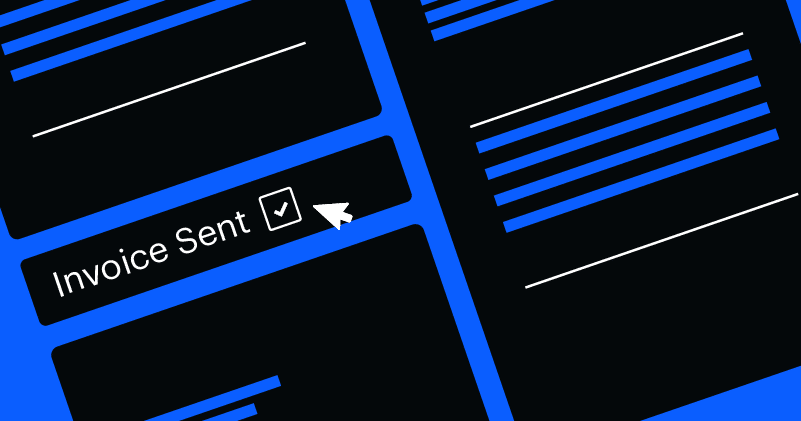Every business owner must have a record of his or her business at every point, the most important here is how this information is stored. Records have proven that information stored on could be based or software is the safest compared to manual bookkeeping. As a business owner having your business information at your beck and call is as important as you can imagine.
We’ve listed 4 reasons why businesses even in their smallest size should not use manual bookkeeping.
TIME CONSUMING:
Bookkeeping processes that use paper journals and ledgers or similar tools require copious time to complete tasks. Checking account balances and reviewing information is also difficult. Business owners may also need to rifle through multiple documents to locate information needed at different times.. Copying this information can also be difficult.
SUBJECT TO ERRORS:
Errors can be quite frequent in manual bookkeeping processes. Common errors are entering information into incorrect accounts, transposing figures, or recording information backward. While these errors are also in modern bookkeeping systems, manual systems have no internal checks and balances. Business owners researching errors will often spend several hours locating and correcting entries. Multiple workers working in several bookkeeping ledgers can exacerbate these problems.
LACK OF SECURITY:
A lack of security is another common disadvantage to bookkeeping accounting. Companies may be unable to prevent employees from reviewing sensitive data in paper ledgers and journals. Files copied and stored on a computer may also be less secure. This may allow employees to abuse financial information through fraud or embezzlement. Disgruntled employees may also irreparably damage the information and destroy important financial records.
FEW COPIES AVAILABLE:
Large organizations often find manual bookkeeping difficult due to the lack of multiple ledgers and journals. Most businesses will have one journal for accounts payable, accounts receivable, payroll, fixed assets and so on. This means only one person can work on a journal at any given time. Separating out these ledgers and sub ledgers can result in less security and the potential for duplicating information in the bookkeeping system. Since manual bookkeeping is not safe, what should we use?
DIGITAL BOOKKEEPING:
Digital bookkeeping is the process of using either software on a computer or in the cloud to keep records of outgoing, incoming, cash flow, and anything to do with figures while running a business. But there’s more to it than that. Digital bookkeeping allows you to use available software to connect data and streamline payment processes more than ever before.
Importance of digital bookkeeping
A streamlined system
As discussed before, one of the disadvantages of manual bookkeeping is that it is hard to store the information in one place. In a manual bookkeeping system, you will have to store information in various places. Recording the information or managing the books may not be the challenge but gathering information and using it for the creation of a report or a summary will be tough. Digital bookkeeping stores information in a specific area, giving business owners real-time access to essential details and information. In a digital bookkeeping system, critical financial data, from cash flow to balance sheets, will be accessible in a few clicks.
Accessibility to important financial information
In a business, interdependence is the key. Departments are interlinked together, with each department helping the other out. This is one of the key reasons why some small companies outperform others. A business where all the factions and departments are interlinked in a sound framework is bound to outshine other competing businesses. This interdependence means that all departments must have access to the business’s critical information. When the need for financial updates comes from a specific department or a faction of the company, it is imperative that the data is readily available. In manual bookkeeping, presenting the required information according to the needs of the department can be challenging.
With a digital bookkeeping system, the turnaround time of processing information and making a decision increases considerably. Additionally, a person spends less time accumulating the required data and handling paperwork.
Cost Effectiveness
One of the primary reasons why businesses and companies today are looking for automation and digitizing operations is because doing so enables them to save more by minimizing the cost of services. Using digital data is more cost-effective than other forms of recording data. It works faster and saves businesses time to concentrate on different parts of the company.
Hope this was worth your time? watch out for our next article. Every business owner must have a record of his or her business at every point, the most important here is how this information is stored. Records have proven that information stored on could be based or software is the safest compared to manual bookkeeping. As a business owner having your business information at your beck and call is as important as you can imagine.
In conclusion, manual bookkeeping may have been the norm in the past, but it’s no longer the most efficient and effective way to manage your business finances in 2023. The four reasons outlined above show that manual bookkeeping can be a hindrance to your business growth, leading to errors, wasted time, and missed opportunities.
To stay competitive in today’s fast-paced business environment, it’s crucial to adopt modern bookkeeping methods that can streamline your financial processes, provide real-time insights, and help you make data-driven decisions. Consider upgrading to cloud-based bookkeeping software or outsourcing your bookkeeping needs to a professional service provider.
Don’t let outdated bookkeeping practices hold your business back in 2023. Take action today to improve your financial management and position your business for success using BrandDrive.




